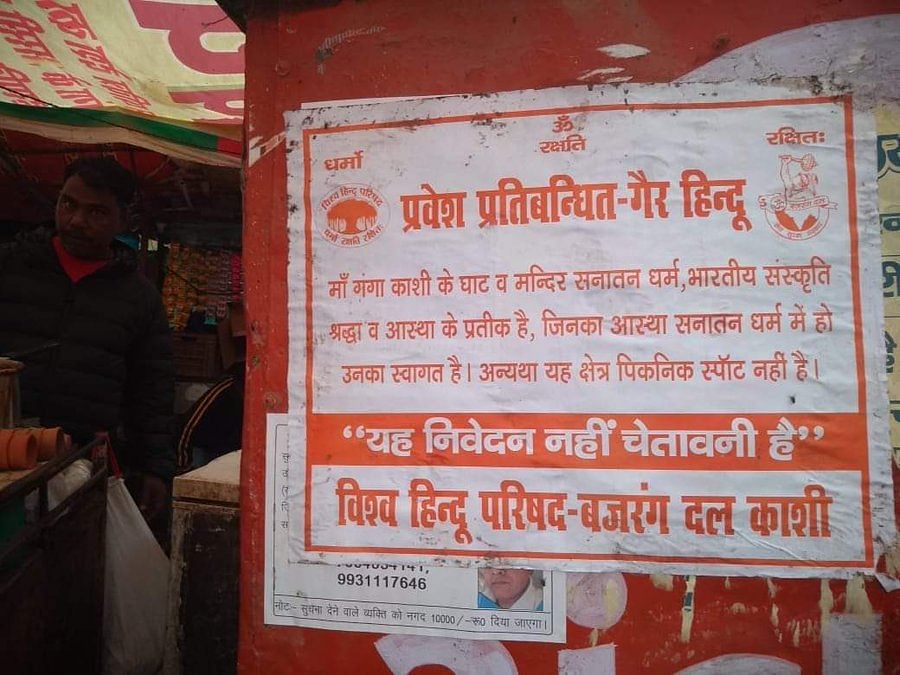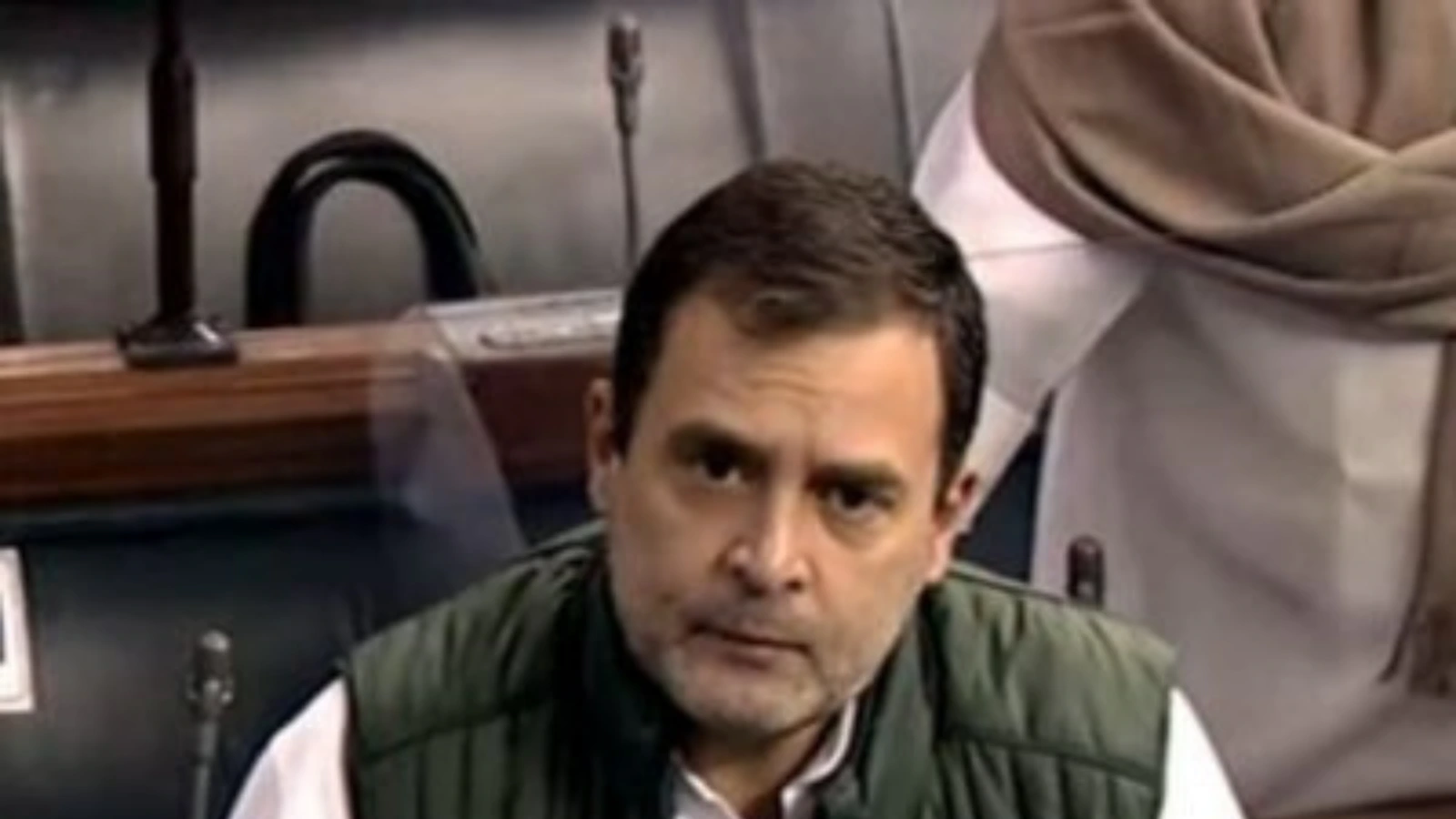By Prabhat Patnaik
No budget in recent memory has-been presented at a time when the economy is in such dire straits: unemployment is so bad that there are job riots in Bihar and UP; wealth and income inequalities are among the worst in the world; millions more have been pushed into poverty because of the pandemic and the lockdown; and inflation is accelerating even in the midst of massive unemployment. There is an urgent need for a strategy that promotes economic revival, while providing relief to the poor, and contributing to an abatement of inflation. The 2022-23 union budget should have spelt out such a strategy, but, far from doing so, it does not even show cognizance of the problem. The Economic Survey presented to parliament the previous day had shown great complacency; the budget carries it forward.
The total budgeted government expenditure for 2022-23 is Rs 39.45 lakh crores which is just 4.6 per cent higher than the revised estimate for 2021-22. That means the increase is below the rate of inflation, entailing a drop in real terms, and hence also below the growth rate of real GDP projected by the Economic Survey, which is 8-8.5 per cent. Clearly then the government does not see its expenditure playing any role in stimulating the economy; if anything it sees government expenditure playing a dampening role. No doubt, government capital expenditure is supposed to rise by 35 per cent, but what is important from the point of view of aggregate demand is not capital expenditure but expenditure as a whole.
While the budget does nothing to stimulate demand for effecting an economic revival, it does nothing either for providing relief to the working people. The outlays for a whole range of programmes that provide relief to the poor have actually been slashed compared to the revised estimates for 2021-22. Thus the provision for the MGNREGS is just Rs73,000 crores compared to Rs 98,000crores in 2021-22 (RE) and Rs 1,11,000 crores for 2020-21. Of course it would-be argued that since the MGNREGS isa demand-driven programme, funds will be made available if the demand arises for such funds; but with delayed wage payment that the late release of funds causes, a low initial allocation has the effect of reducing the demand for jobs itself, as workers feel too discouraged to apply for work if they have to wait for ages to get paid. Likewise, the food subsidy has been curtailed by 28 per cent compared to the 2021-22 RE, fertilizer subsidy by 25 per cent, petroleum subsidy by 11 per cent and other subsidies by 31 per cent. The allocations for the mid-day meal scheme and the PM-Kisan scheme remain virtually unchanged, which means a fall in real terms.
What is particularly galling is the stagnation in nominal terms, and hence a fall in real terms, in the budget for health and family welfare, and that too in the midst of a pandemic. Far from increasing the allocation for health to 3 per cent of GDP over time as the government had promised, what we witness in the budget is a reduction in allocation for health relative to the estimated GDP. True, the allocation for education is supposed to increase by 18.5 per cent, but much of it is for digital education; and even this increase would leave the share of education expenditure in GDP unchanged at about 3.1 per cent, a far cry from the objective of raising it to 6 per cent. The centre has not only effected drastic cuts in social sector spending, but it has also reduced the devolution of resources to states: such devolution is supposed to increase by 9.6 per cent in nominal terms, which means a fall in its share in GDP, to an estimated 6.25 per cent compared to 6.91 per cent in 2021-22 (RE).
These are not just arbitrary provisions of the budget; they follow from the fiscal strategy that the Modi government has been following of late. This strategy, of giving tax concessions to the rich in the expectation of stimulating private investment, and raising indirect taxes, notably on oil, to raise revenue to compensate for what is foregone, and to curtail expenditure if this compensation is not enough, is a major cause of the inflationary recession we are witnessing today; it has to be reversed if the economy is to overcome its crisis. But the Modi government is incapable of seeing beyond this perverse strategy, even though it is amply clear by now that private investment, far from getting stimulated by such tax concessions, shrinks because of the ensuing recession. Even in the current budget this strategy is at work: fuel prices have been raised by Rs 2 per litre (for unblended fuel which is the bulk of India’s fuel consumption) through an additional excise duty, while subsidies have been cut (which is analogous to arise in indirect taxes).
Within the confines of this perverse strategy there is no room for either any recovery or any relief. At the most the government can shift some money from one head to another and then use its servile media to brag about how generous it had been. Such “window-dressing” is what one had expected from this budget too; what is striking however is the absence of even such “window dressing” from it. No change in income tax rates, no concessions for the income-tax-paying middleclass, no reductions in indirect taxes to reduce the inflation rate; and a slew of expenditure cuts on social schemes. The fact that the government can dare to do this in an election year in several states is indicative of its confidence that it can pull in votes on the strength of communal polarisation alone, even as people face unprecedented distress.
While the budget does not address this distress, the indications are that this distress is going to get accentuated, for reasons that have to do both with the Indian economy and with external developments. The main internal factor is the languishing private consumption, which in real terms is still below its 2019-20 level. This means that even if the production capacity in consumption goods sectors had remained at the 2019-20 level, there would still be larger unutilized capacity; there has however been some addition to capacity in these sectors because of investment orders already given before 2019-20 getting fulfilled since then. The unutilized capacity in these sectors therefore has increased, which means that even the investment-driven recovery occurring at present cannot be sustained. Recession and unemployment are bound to worsen.
But so is inflation, because inter alia of external developments (which in turn would cause a further worsening of recession and unemployment in a bid to combat inflation). The international oil prices are rising; and the accelerating inflation in the US is causing a rise in interest rates there, from the near-zero levels where they had been held for long. When they were at near-zero levels, countries like India could obtain global financial flows easily to cover their balance of payments deficits, but as the rates rise in the US and elsewhere, managing the balance of payments deficit would become difficult, resulting in a fall in the external value of the rupee that would raise the rupee prices of imports, including of oil (whose dollar price itself is rising); as this gets passed on to consumers (doing so has been the government’s strategy), the inflation rate will accelerate further.
The people are thus facing increasingly hard times, but in the bland vision of the Modi government there is no cognizance of it. That itself however is ominous because when balance of payments become unmanageable, the Modi government will run to the IMF to ask for a rescue package. This would force “austerity” on the country and reduce India to the status of much of the indebted third world. Though neo-liberalism had already eroded autonomy in policymaking in the country, as the accent was on retaining the “confidence” of globalised finance capital, getting caught in the vice-like grip of the IMF would eliminate such autonomy altogether. Greece provides an example of what this would mean. India had so far avoided this, but having a government at this juncture which has little understanding of economics, would push us in this direction. The silences in the budget are not just unfortunate for the people; they are ominous for the country. (IPA Service)

 Rahul Gandhi Has Offered A Visionary Programme To Fight BJP In 2024 Polls
Rahul Gandhi Has Offered A Visionary Programme To Fight BJP In 2024 Polls 